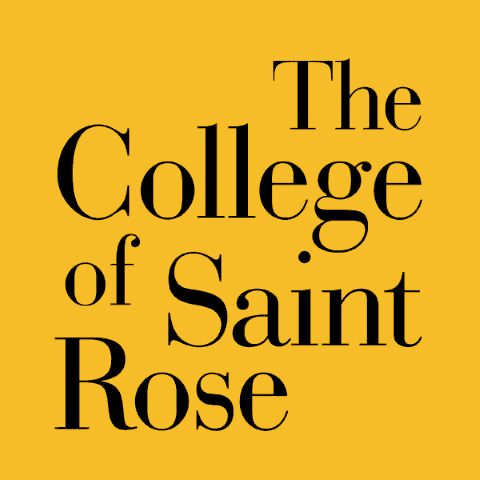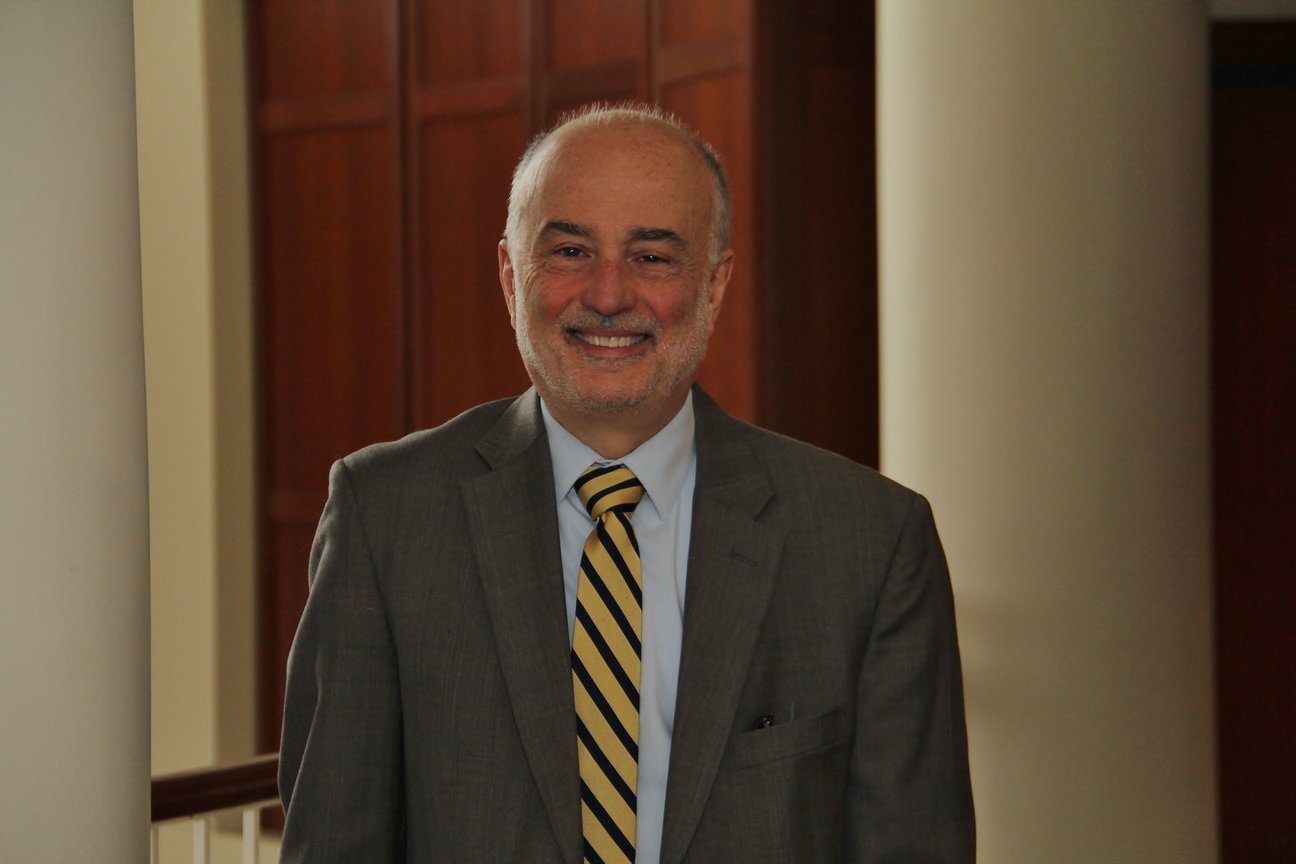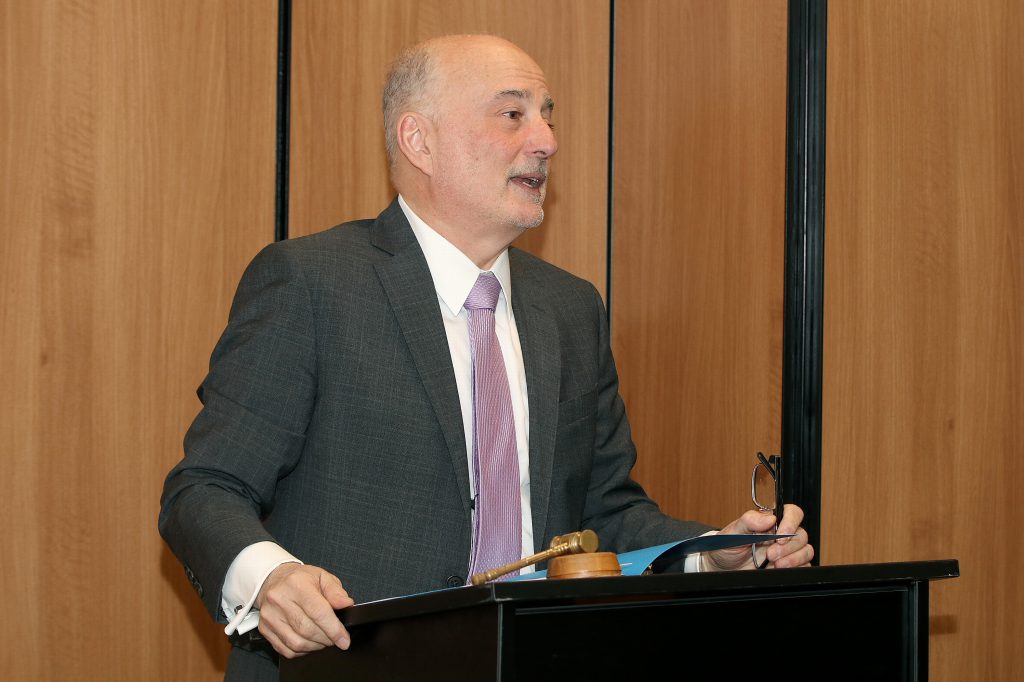Saint Rose professors teach without relying on teaching assistants. They lead small classes and make themselves available to support students individually. But faculty members across the College also work in their disciplines.
Their students benefit by getting a first-hand account of what happens in their field on a given day. Practicing professors also assist students with their own fieldwork. Another plus: Students can leverage their professor-mentor’s contacts to net valuable internships and job leads.
A look at one professor’s current work:
Alfred Chapleau: Associate professor of criminal justice and law; pre-law advisor; faculty advisor and coach, Saint Rose National Collegiate Mock Trial team; study law abroad program advisor; J.D., Albany Law School
Joined Saint Rose faculty: 2011
Teaches: Introduction to criminal justice, court systems, American jurisprudence constitutional law and criminal procedure
Experience: Has served as Schenectady County chief assistant district attorney, New York State assistant attorney general, law clerk to Fulton County county and family courts and in Rensselaer County family court
Current project: Consultant to the New York State Office of Court Administration Office of Justice Court Support. Assists in the development and implementation of mandated judicial training for town and village justices and court clerks
The work: The hundreds of town and village courts are the backbone of the New York’s court system. They handle hundreds of thousands cases each year. But the judges who preside are not required to be lawyers. In fact, most are not.
Chapleau, working with the staff of the state’s Office of Justice Court Support, prepares newly-elected town and village judges and their court clerks for their new roles as a part of the state’s judiciary.
He approaches the job by asking himself “How would I feel if someone I knew had to appear before the judges and clerks I train? I’d want them to be before a judge and a clerk who was knowledgeable, judicious and fair.”
The judges, who generally serve part-time, have backgrounds as business persons, farmers, teachers and former members of law enforcement. They soon learn that the cases they will handle go well beyond barking dogs and traffic tickets.
“The judges’ initial training is centered on getting them ready for what they will be expected to handle the first day in the job, the major areas of responsibility, the ethical considerations, the technical aspects, the record keeping,” Chapleau said.
He and his colleagues also oversee the annual continuing education of judges and clerks. They select topics that keep these local officials current in the law and prepared for the daily challenges they are likely to face.
Regardless of their background, Chapleau is impressed with how civic-minded, dedicated and willing to learn the local judges and clerks are.
“I have spent years in the court system and as a practicing trial lawyer, and now as a professor, teaching about the law and the courts. But in the first ten minutes of a training lecture with the judges or the clerks someone raises her hand with a question about something that happened that I’ve never seen in court. This is one of the things that make my association with the judges and clerks so challenging and rewarding. “
Impact on students: “(Training judges and clerks) makes me a better college professor because I get to bring back my experiences with the judges and clerks to the classroom at Saint Rose. The judges keep coming up with scenarios I can share in the college classroom.





Comments posted on this site are held in moderation until approved by a site administrator. Vulgar, profane, obscene, offensive terms or personal attacks will not be tolerated.